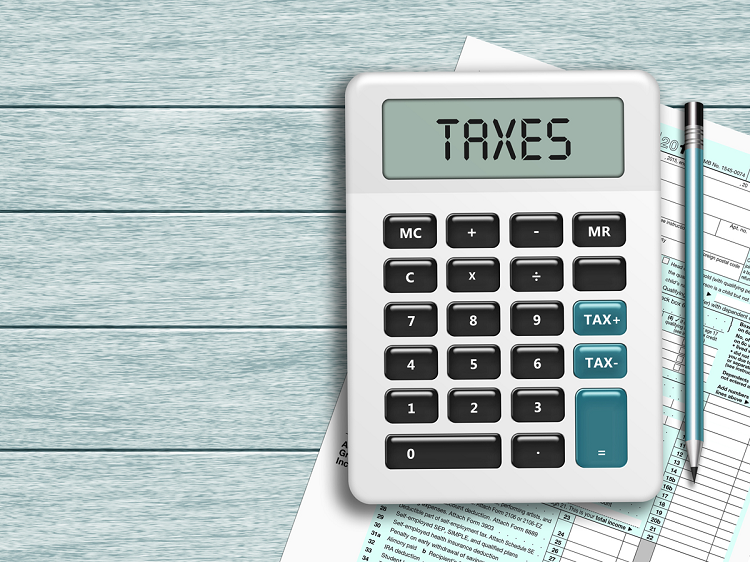Dogecoin’s one of the hundreds of new cryptocurrencies that have lately emerged. However, unlike many other digital currencies that were developed to address a problem, Dogecoin was designed to actually mock Bitcoin and the weird idea of buying a digital asset that is not backed by any institution. Dogecoin is now worth money, and the tables have turned. There are still people giving out free dogecoin, so check it out. You can learn about it on this website: http://www.europelibertyreserve.com
The coin’s origins suggest that it was a joke that went too far:
- Following the rapid increase in Bitcoin values, software developers Billy Markus and Jackson Palmer developed Dogecoin in 2013.
- In 2013, the “altcoin” was created in two hours of time only.
- It was inspired by the Doge meme, which depicts a Shiba Inu dog speaking in poor English.
- An unlimited number of Dogecoins can be mined.
Despite its beginnings as a parody of the crypto world, Dogecoin has piqued the interest of the investing, or speculating, public. It is very popular with Robinhood traders, and the total stated as of today for all Dogecoins is about $41 billion.
What is the function of Dogecoin?
Dogecoin, like other cryptocurrencies like Bitcoin, may be used to transfer money between people, either as payment for goods or services or just as cash. Even though a record is publicly available on the blockchain, users may make transactions in a semi-anonymous way. And they can do so without the need of a traditional intermediary, such as a bank.
Dogecoin is powered by a decentralized network of computers that utilize a blockchain, which is a distributed ledger. Consider the blockchain to be a continuous repository of monetary transactions. The blockchain verifies transactions and ensures the integrity of data.
What is the history of Dogecoins?
Like other cryptocurrencies, Dogecoin is “mined” by a decentralized network of computers. In exchange for processing transactions, networked computers do complex mathematical calculations that effectively release money or fractions of coins.
As of August 2021, there were about 131 billion Dogecoins in circulation, with new coins being created almost every minute. Furthermore, unlike Bitcoin, which has a hard cap on total issuance, Dogecoin has no such restriction on the number of coins that may be mined. The annual issuance of new coins, on the other hand, is limited to 5 billion and may continue indefinitely.
Where Can I Buy Dogecoin?
Dogecoin may be purchased from a number of places, and your choice may be affected by your planned use:
If you wish to buy Dogecoin for speculative purposes, you may do it via an online brokerage like Robinhood, which allows cryptocurrency trading. You may also trade the currency on Webull and eToro, although many other brokers do not allow you to do so. The broker will hold whatever investment you have in the currency.
If you wish to buy Dogecoin for speculative or practical reasons, you may do it via an exchange like Coinbase or Binance.
If you wish to use your crypto assets, a crypto wallet may offer extra protection beyond what an exchange usually provides. (Here are some of the finest bitcoin wallets and the features they provide.)
Do You Want to Invest in Dogecoin?
During the GameStop short squeeze in 2021, an army of Robinhood investors driven by social media took Melvin Capital down, and decentralized cryptocurrencies have instilled terror in central banks worldwide. Power seems to be leaking from the roof and cascading down the ladder through fiber optic cables and WiFi routers.
There is a good possibility that you already possess more DOGE than any financial adviser in the world would suggest, and you have probably already made a greater yield on it than those consultants would earn over the next decade on their stock portfolios. You deserve a pat on the back; you worked hard for it.
A Dogecoin investment is not about making money (though this may happen by accident), but about being a part of something bigger.
Investing in the stock market as a retail investor is no longer limited to just one individual. They are a group, and Doge is their mascot, regardless of whether you pay $0.01 or $1.
Conclusion
Speculators may trade Dogecoin directly on various websites, or they can invest in the firms that are making it and other cryptocurrencies a reality, similar to the “picks and shovels” enterprises that served as the infrastructure of the Gold Rush. Traders could benefit regardless of which cryptocurrency won, eliminating the need to choose a winner.
If you decide to engage in cryptocurrency or any kind of investment, you must be informed of the risks and possibilities. Furthermore, since many cryptocurrencies are not backed by anything, traders risk total loss. As a consequence, anyone engaged in the cryptocurrency market should exercise caution and avoid placing money in positions that they cannot afford to lose.







